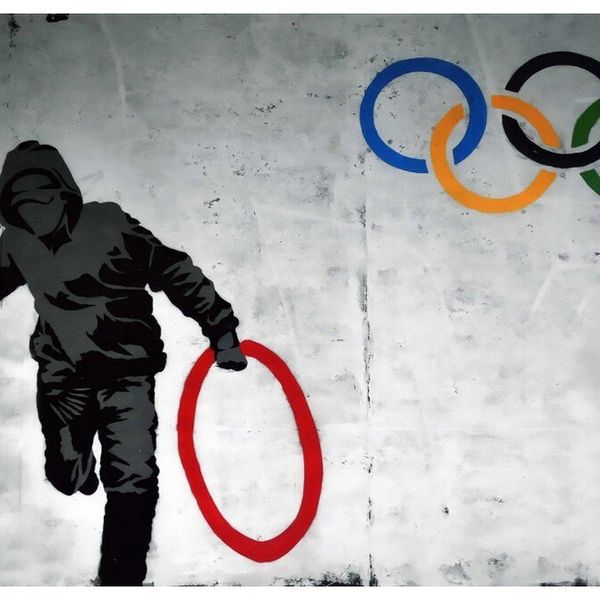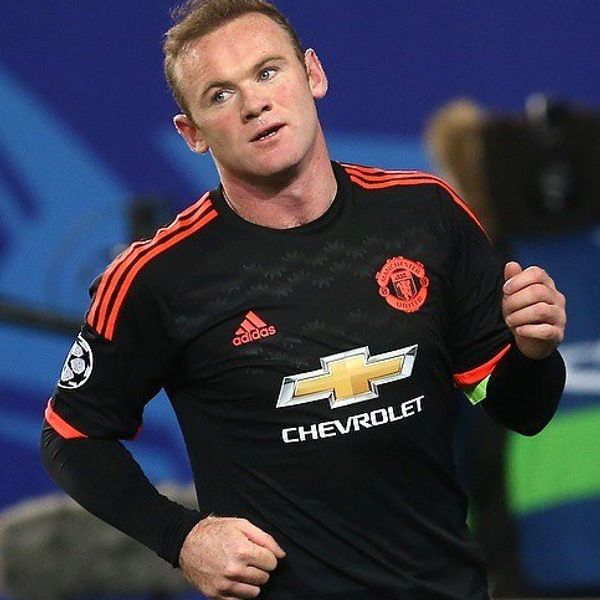For the first few weeks of August, everyone all over the world was glued to the TV, watching everything from the Brazilians supporting the claim that the airplane was invented in Brazil during the opening/closing ceremonies, to athletes like Michael Phelps, Simone Biles, and Usain Bolt making headlines. Associated with the WHO and Zika, Brazil and specifically Rio de Janeiro was successfully able to smoothly accommodate over 11,000 athletes and the other hundreds of thousands who fled to Rio to see the greatest athletes of the world compete. It seemed like everyone in the country and all of its visitors were in high spirits, taking in the beaches and welcoming nature of most locals.
As the Games of the XXXI Olympiad came to a close, our media has seemed to follow the lives of the athletes after the Olympics, from Lochte’s incident to the final five going on "The Tonight Show with Jimmy Fallon." And while our country still remains incredibly proud of our athletes’ achievements and is now very invested in their lives, the story in Rio is not over. It is so easy to overlook that Brazil still remains in a recession with a lot of tension throughout the country. The goals are that by hosting the Olympics and bringing the entire world together, Brazil will able to bring all of their citizens together too. However, just days after the closing ceremony, Brazil’s first female president, President Dilma Rouseff has been impeached by a Senate vote of 61 to 20, a sign that all is not as calm as what we witnessed on our TV screens in the past few weeks.
One hopes that the Olympics will help pull the country out of the recession, and they have been and will be helpful, which is true to an extent. In preparations for the games, the city successfully added a new subway line, numerous municipal projects and preparation catalyzed urban revitalization. The areas that experienced the greatest growth were those such as Barra da Tijuca, where the Olympic Village was housed and Copacabana beach, which both were already characterized as being higher scale communities.
However, the spurt of infrastructure development within the country will trickle through all communities and will in some way benefit all types of citizens. While protests remained constant throughout the games and uncertainty as to what the economic outcomes will be remains, some favelas have been pulled into the developed world with the availability of health software. Many past Olympic stadiums, notably that from Athens, have moved out of the limelight and into dilapidation. In efforts to try to overcome this outcome and better the lives of its citizens, Rio plans to renovate some arenas such as that for handball and the aquatic stadium into public parks and schools holding 500 students
Hopefully the games and the excitement generated will help propel Brazil out of dissension. Even though Brazil’s condition no longer seems relevant for many other country’s citizens, it is important to remember that this country isn’t merely a host, but rather a home of over 209 million residents who want to overcome the lack of infrastructure.





















